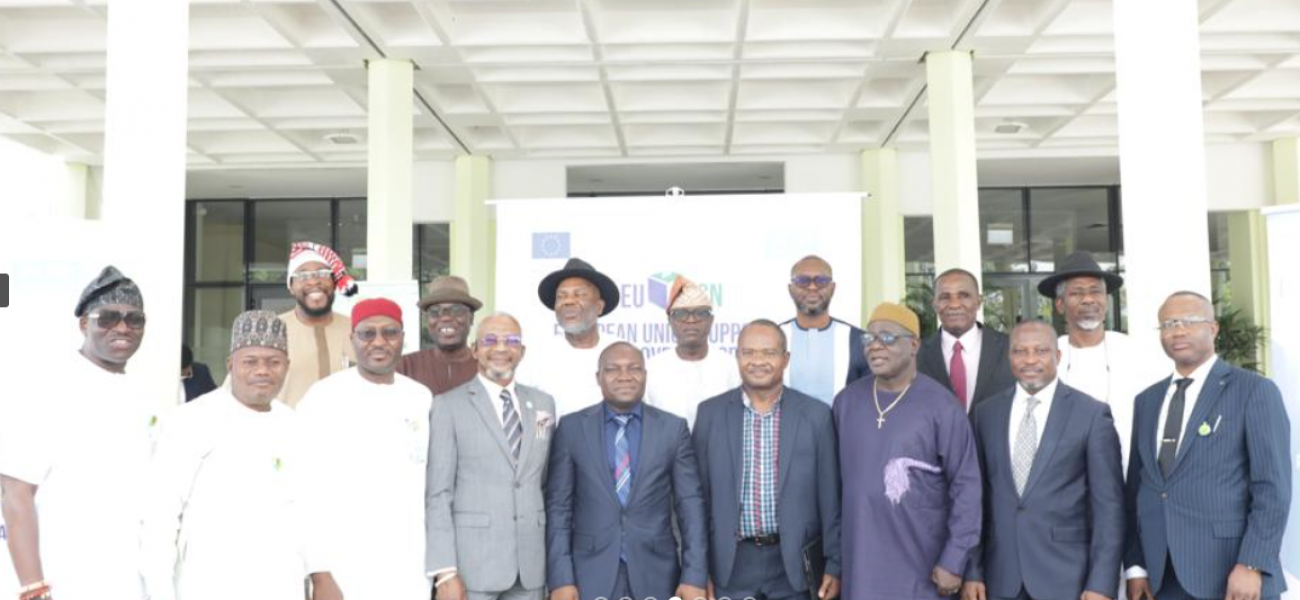On Monday 15th July 2024, the Speaker of the House of Representatives, Rt. Hon. Abbas Tajudeen, shared that the House will amend its Standing Orders to accommodate the use of electronic or e- petitions and facilitate the use of information and communication technology in receiving and processing petitions from members of the public.
PLAC with support from the European Union, currently supports the work of the committees in charge of public petitions in the Senate and House of Representatives and has produced several awareness materials on its work, which include conversations around the use of e-petitions.
Even though the committees’ documents are stored electronically, public petitions can only be presented manually through a legislator sponsoring the petition. The decision by the House to adopt an electronic format as an alternative to paper petitions is commendable and in line with parliamentary best practice.
To understand the public petitions mechanism in the National Assembly, see our two-part video explainer. The first part titled ‘About Public Petitions in the National Assembly’ explains the mandate of the National Assembly Public Petitions Committees. The second part titled ‘How to Send Petitions to the National Assembly’ outlines the process for submitting petitions to the National Assembly.
Also see conversations with the current chairman and a former chairman of the House of Representatives Committee on Public Petitions. Hon. Michael Etaba talks about the work of his Committee in the 10th House while Hon. Abonta shares his experience chairing the Committee in the 8th Assembly as well as his support for the use of e-petitions .
Finally, you may visit the website of the committees which is being managed by technical experts commissioned by PLAC.
Senate website: https://senateethicsandprivileges.org.ng/
House website: https://nasspublicpetitions.org/

